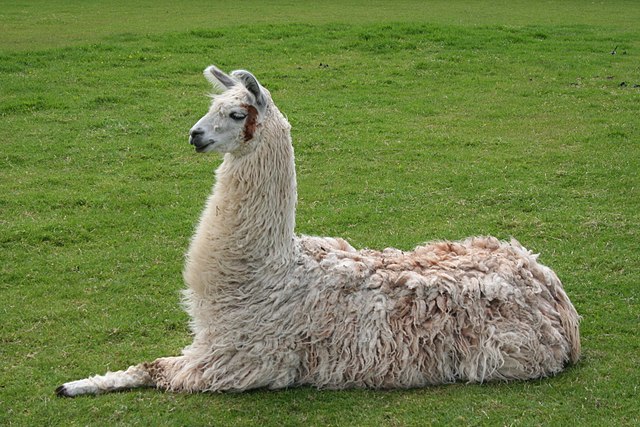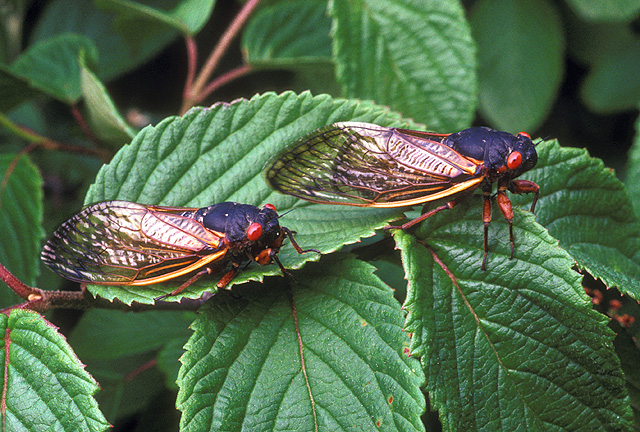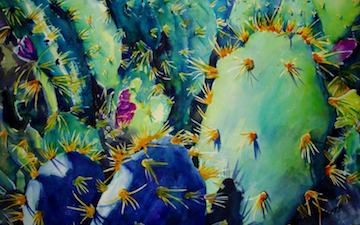For best results print the cards using the Firefox Browser
Cards
(QUICK LINKS: Decks | plants | mammals | birds | | reptiles | fish | cephalopoda | insects | microbe | events
( scientist | project | modifier | technique |)

Great Horned Owl
Bubo virginianus



7 POINTS
• Bubo virginianus has a FLIGHT of 2
• Bubo virginianus is the most widely distributed true owl in the Americas
cold, cool, warm
Graphic by Sarah Stringhettasaraquarelle.deviantart.com/
The Great Horned Owl (Bubo virginianus), also known as the Tiger Owl, is a large owl native to the Americas. It is an adaptable bird with a vast range and is the most widely distributed true owl in the Americas.[2] The Great Horned Owl is the heaviest extant owl in Central and South America and is the second heaviest owl in North America, after the closely related but […] read more

Llama
Lama glama



3 POINTS
• Lama glama has a MOVE of 2
• An “Orgle” is the mating sound of a male Llama. It sounds like gargling.
Cool, Warm
Graphic by Ilya Meshkovskiywww.behance.net/IlyaMeshkovskiy
Photo by Johann "nojhan" Dréoen.wikipedia.org/wiki/File:Llama_lying_down.jpg
The llama (/ˈlɑːmə/; Spanish: [ˈʎama] locally: [ˈʝama] or [ˈʒama]) (Lama glama) is a domesticated South American camelid, widely used as a meat and pack animal by Andean cultures since pre-Hispanic times. The height of a full-grown, full-size llama is 1.7 to 1.8 m (5.5 to 6.0 ft) tall at the top of the head, and can weigh between 130 and 200 kg (280 to 450 lb). At birth, a baby llama(called a cria) can weigh between 9 and 14 kg […] read more

Garden (Red) Onion
Allium cepa



1 POINT
• The red color in red onions comes from anthocyanidins such as cyanidin.
Cold, Cool, Warm, Hot
Graphic by Sarah Stringhettasaraquarelle.deviantart.com/
Photo by Nein Arimasencommons.wikimedia.org/wiki/File:Bawang_Bombay_Merah.jpg
Red onions, sometimes called purple onions, are cultivars of the onion with purplish red skin and white flesh tinged with red. These onions tend to be medium to large in size and have a mild to sweet flavor[citation needed]. They are often consumed raw, grilled or lightly cooked with other foods, or added as color to salads. They tend to […] read more

Pharaoh cicada
Magicicada septendecim



4 POINTS
• Magicicada septendecim has a FLIGHT of 2
• Magicicada septendecim is also sometimes known as the 17 year locust
Cool, Warm
Graphic by Darren Hopeswww.darrenhopes.com
Photo by US Dept. Agricultureen.wikipedia.org/wiki/File:Magicicada_septendecim.jpg
Magicicada septendecim, sometimes called the Pharaoh cicada or the 17 year locust, is native to Canada and the United Statesand is the largest and most northern species of periodical cicada with a 17-year life cycle.[2] Accounts of the species’ life cycle cite reports of fifteen- to seventeen-year recurrences of enormous numbers of noisy emergent cicadas that people had written as early as 1737.[3][4] Pehr […] read more

Snowy Owl
Bubo scandiacus



8 POINTS
• Bubo scandiacus has a FLIGHT of 2
• Snowy owls store extra food on a perch. One snowy owls had a pile of 26 extra lemmings stored at one perch.
Cold, Cool
Graphic by Jessica Dixonwww.etsy.com/shop/Corvid337
Photo by Tim from Ithacacommons.wikimedia.org/wiki/File:Bubo_scandiacus_Canoga.jpg
The Snowy Owl (Bubo scandiacus) is a large owl of the typical owl family Strigidae. The Snowy Owl was first classified in 1758 byCarolus Linnaeus, the Swedish naturalist who developed binomial nomenclature to classify and organize plants and animals. Until recently, it was regarded as the sole member of a distinct genus, as Nyctea scandiaca, but mtDNA cytochrome b sequence data (Olsen et al. 2002) shows that it is very closely related […] read more

Coastal Prickly Pear
Opuntia littoralis


Sorry, there is no photo available. If you have one, please submit
here
.
2 POINTS
• Opuntia littoralis is native only to the Western Hemisphere.
Warm, Hot
Graphic by Pat Knorppp-e-a-k.deviantart.com/
Like all true cactus species, prickly pears are native only to the Western hemisphere; however, they have been introduced to other parts of the globe. Prickly pear species are found in abundance in Mexico, especially in the central and western regions. They are also found in the Western United States, in arid regions in the […] read more